Filter by subject
Search all reviews
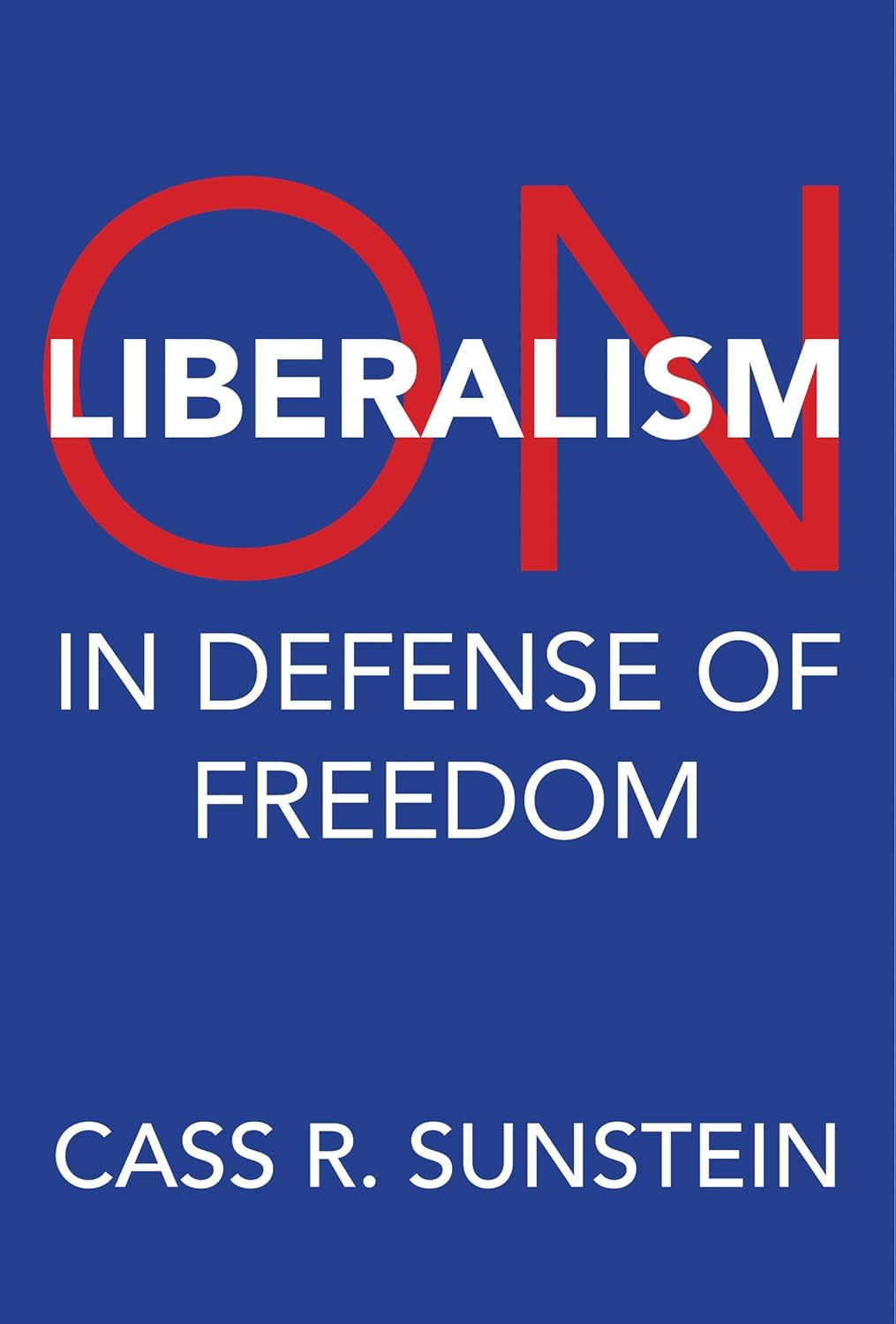
'On Liberalism' by Cass Sunstein
Reviewed by Jan Bentz
Jan Bentz reviews what may be the most lucid and unembarrassed defense of liberalism in recent memory, expressing a quiet faith that humanity is improvable, that reason can temper rage, and that freedom, properly tended, can still burn bright—without burning down the house.
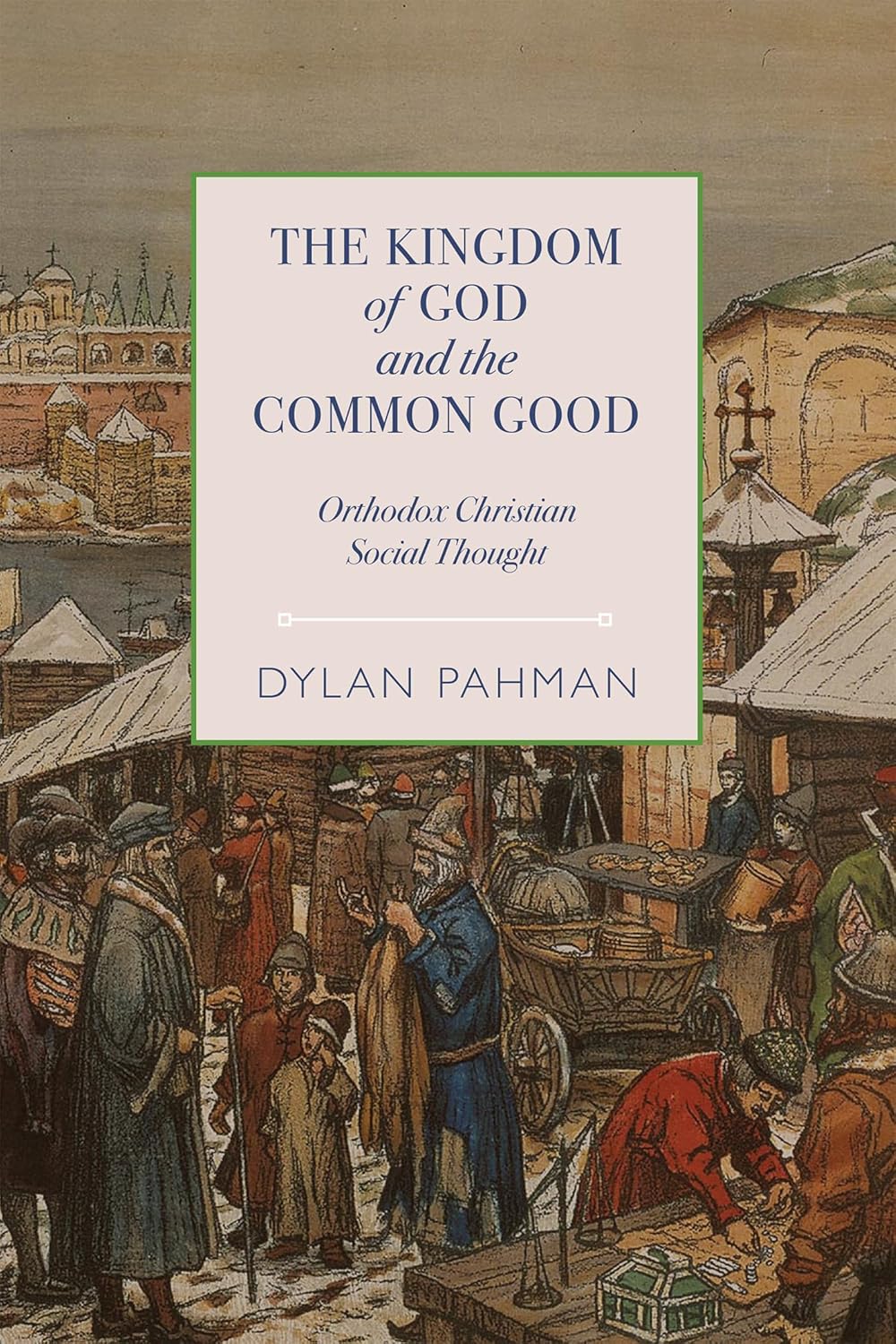
‘The Kingdom of God and the Common Good’ by Dylan Pahman
Reviewed by Clara Piano
Clara Piano reviews a book that brings two central strands of Orthodox Christianity – mystery and paradox – into conversation with modern social questions, offering a vision in which sacrifice and beauty together illuminate Christian economic life.
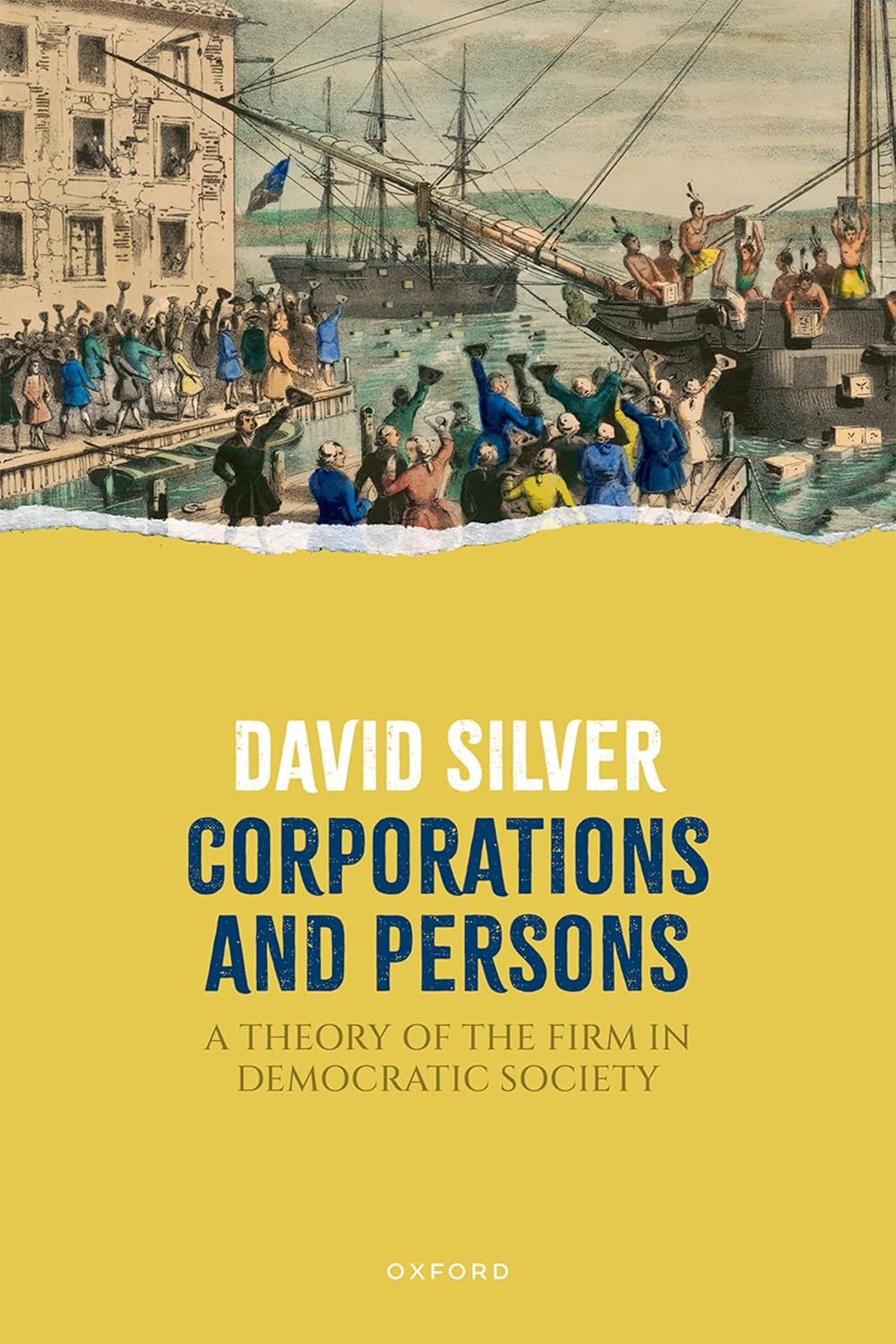
'Corporations and Persons' by David Silver
Reviewed by Richard Godden
Richard Godden's review offers a rigorous critique of David Silver's argument that corporations are moral persons with responsibilities and rights in democratic society.
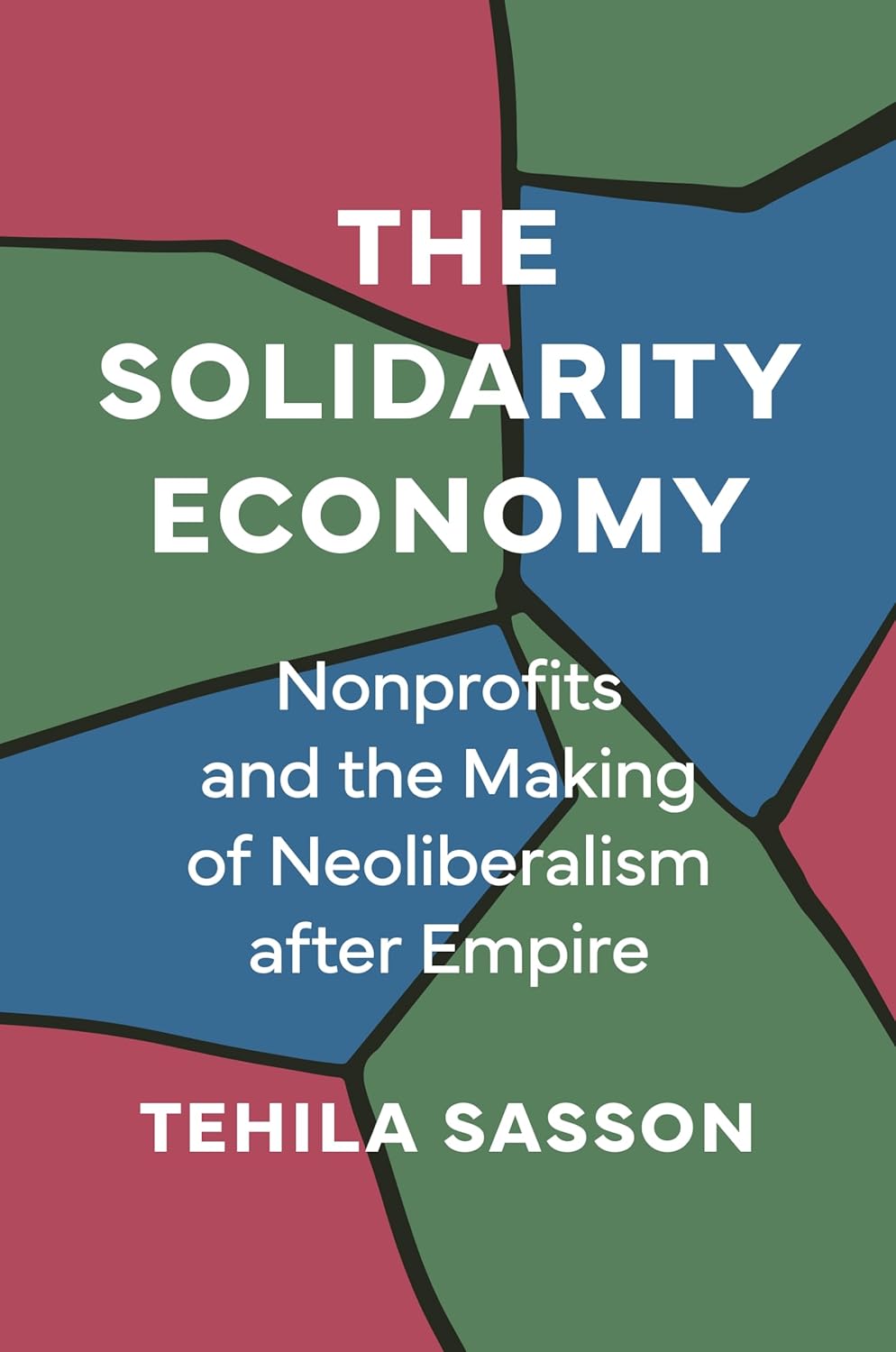
‘The Solidarity Economy’ by Tehila Sasson
Reviewed by Gordon Bannerman
In this historical study with a contemporary perspective, Tehila Sasson details the efforts of the charitable and nonprofit sectors to promote economic development in the ‘Third World’ after 1945. Despite pejorative connotations, ‘Third World’ is appropriate terminology given the historical context. The book is based on copious research, evident from a 30-page bibliography, with six […]
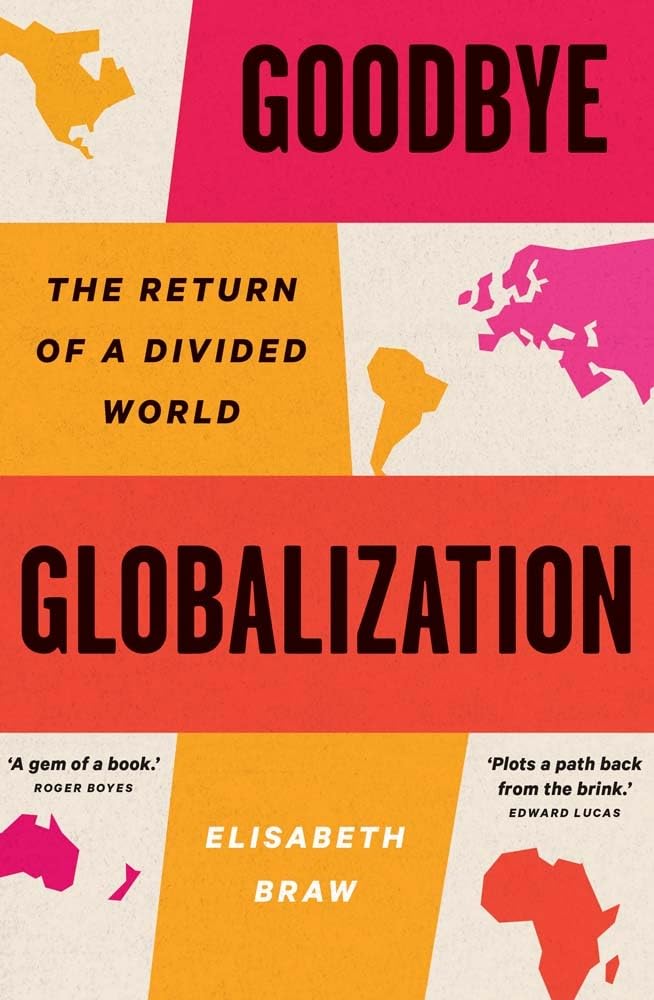
'Goodbye Globalization' by Elisabeth Braw
Reviewed by Matthew Lynn
Matthew Lynn reviews a sharp, accessible and well-researched volume that argues that the globalization project that dominated from the fall of the Berlin Wall until roughly the mid-2010s is already dead and must be replaced with an alternative.
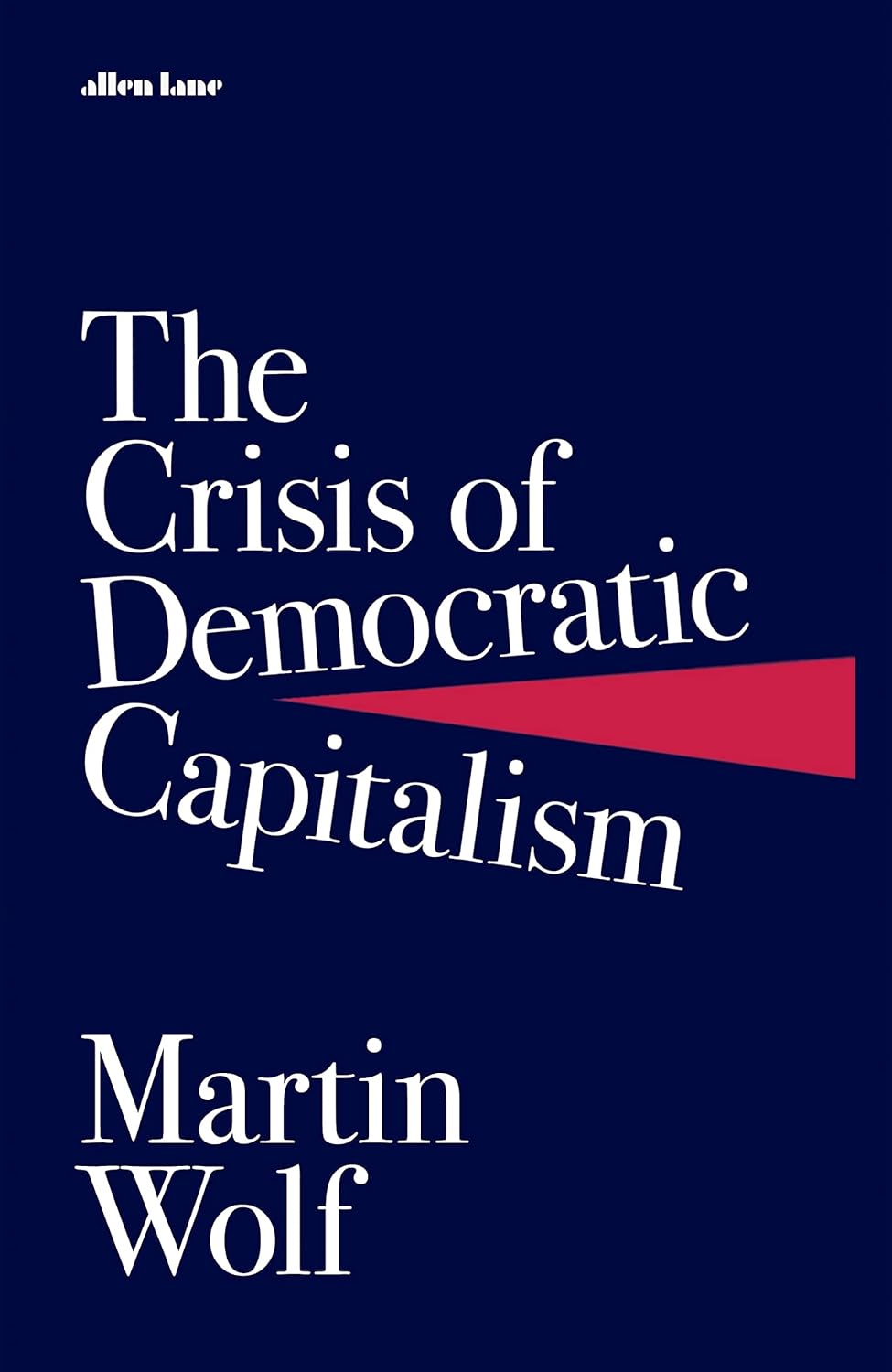
'The Crisis of Democratic Capitalism' by Martin Wolf
Reviewed by Michael Munger
The Crisis of Democratic Capitalism analyses the strains between democracy and capitalism, but Michael Munger argues the book's remedies hint at part of the problem.

Andrew Packman: The Enduring Attraction of ‘Just Prices’
In spite of the damage caused by attempts to control prices, ideas of ‘just price’ remain attractive to many, and highlight the need to make the case for the importance of market prices in generating the wealth needed to provide prosperity and reduce poverty.
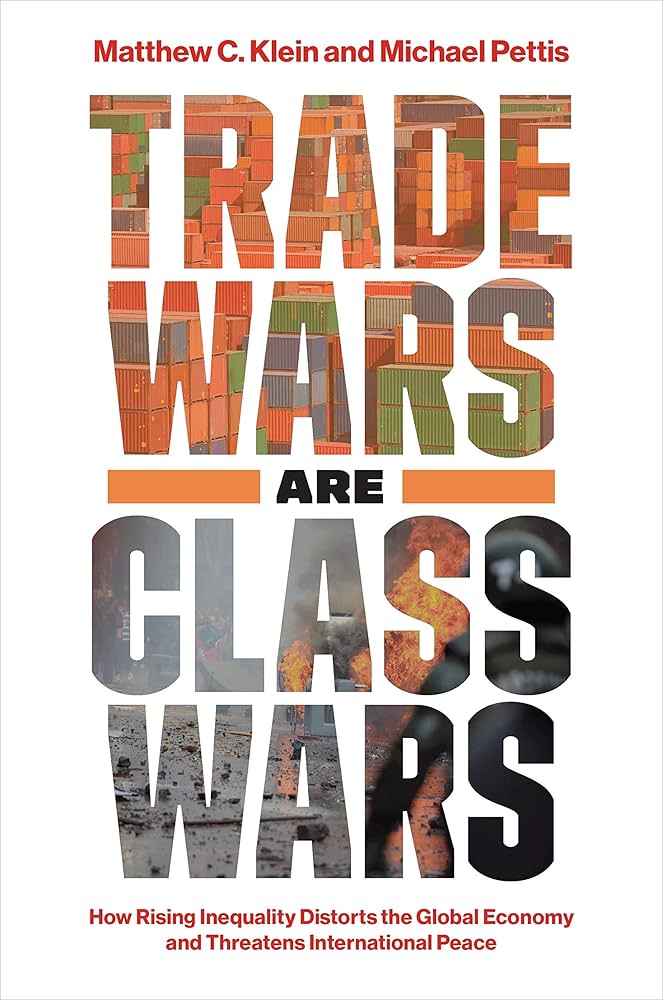
'Trade Wars Are Class Wars' by Matthew C. Klein and Michael Pettis
Reviewed by Gordon Menzies
Trade Wars Are Class Wars offers a bold reinterpretation of global trade tensions, but the narrative attributes too much explanatory power to class conflict.
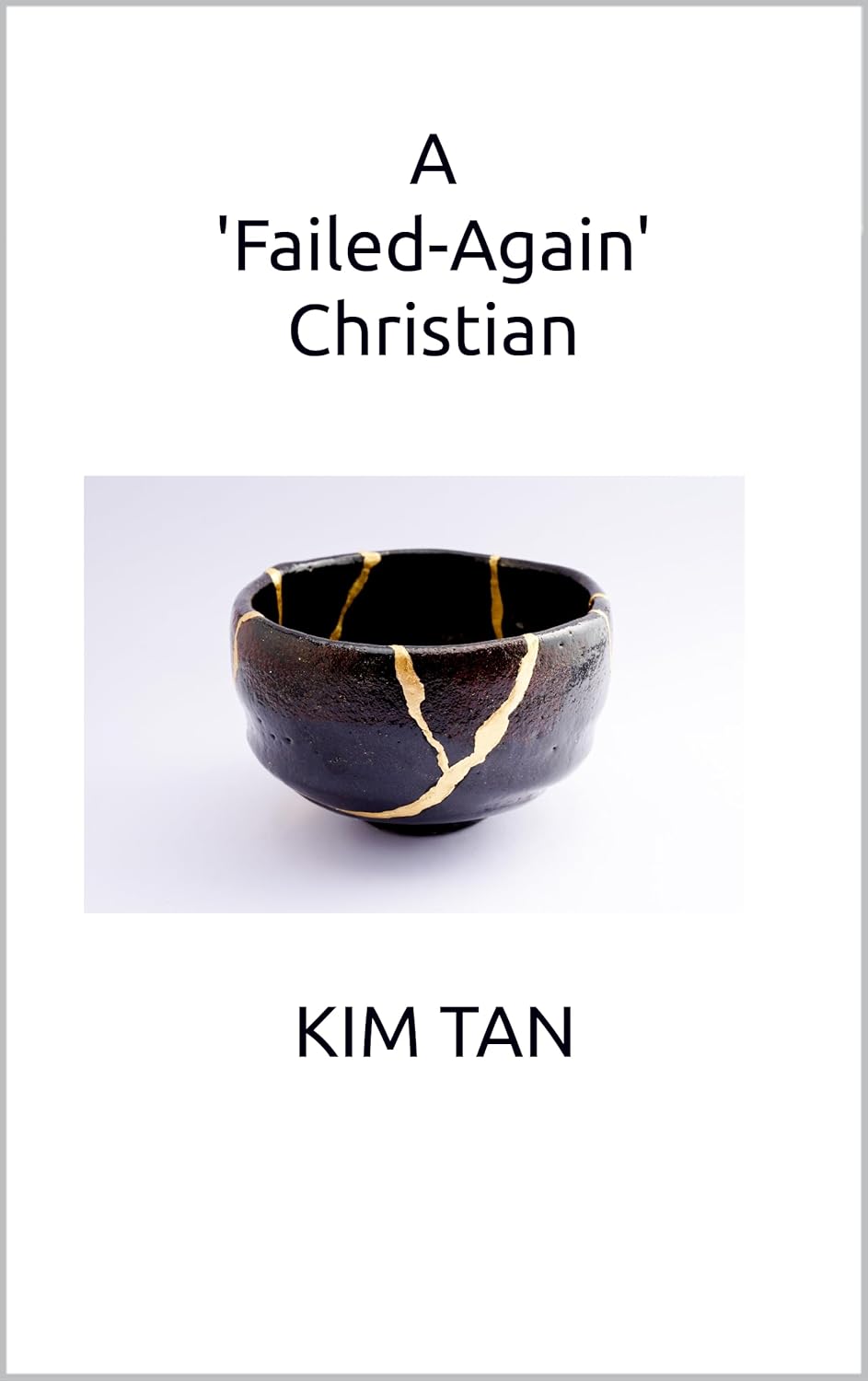
‘A “Failed-Again” Christian’ by Dato Kim Tan
Reviewed by Andrei Rogobete
A ‘Failed-Again’ Christian is an intimate and down-to-earth spiritual memoir that wrestles with some of the most pertinent and enduring questions linked to the reconciliation of faith, science and the problem of evil.
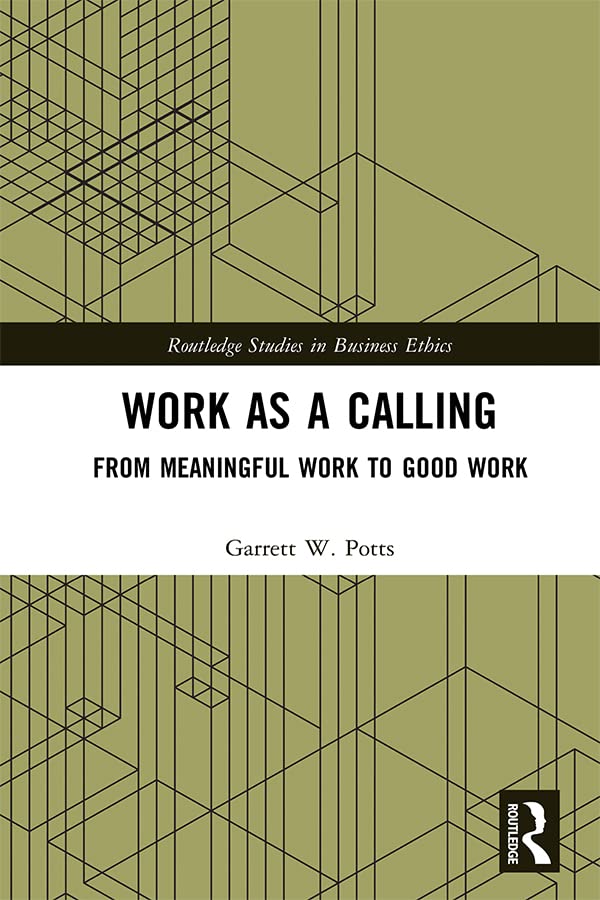
'Work as a Calling' by Garrett W. Potts
Reviewed by Neil Jordan
In Work as a Calling, Garret Potts argues for a return to the moral vision of work as a calling, whereby ‘meaningful work’ is ‘good work’ that pursues the common and individual good together.
